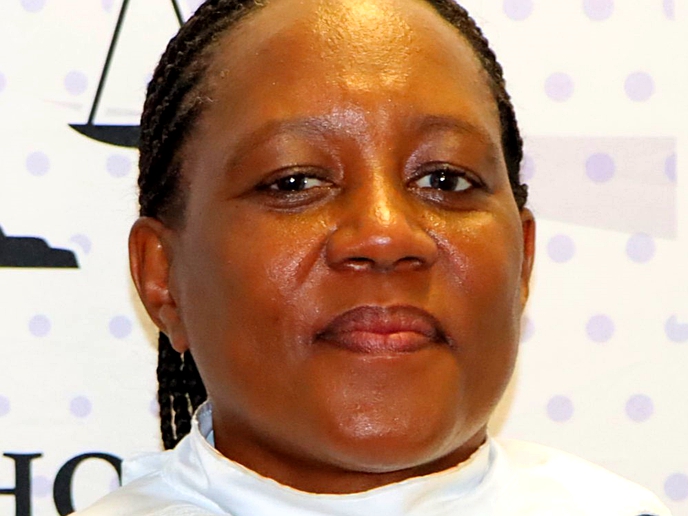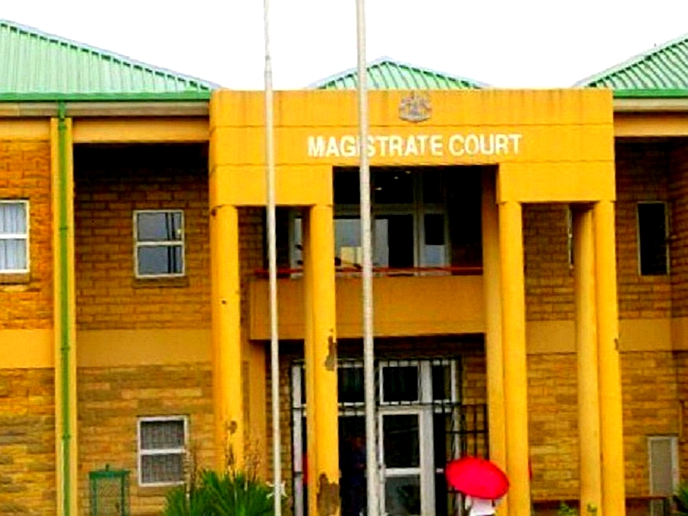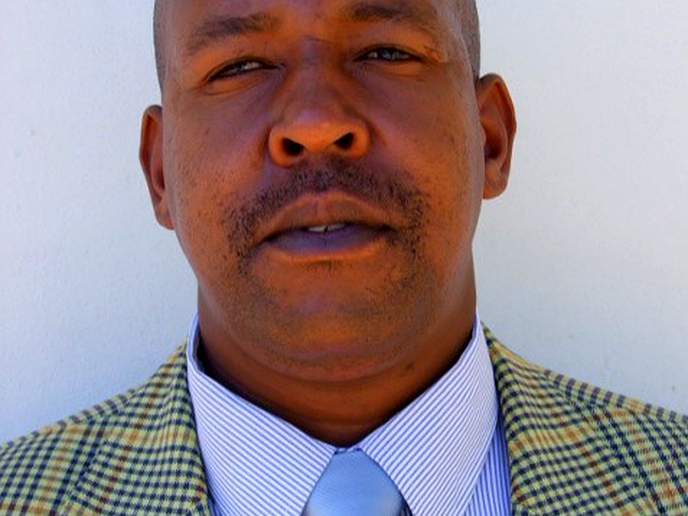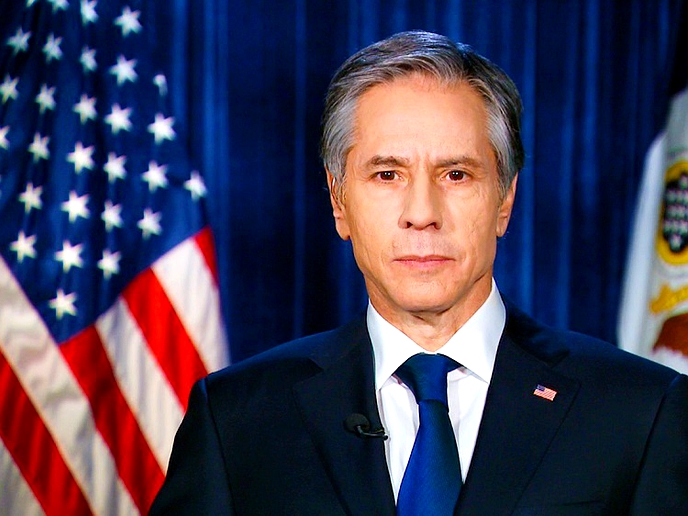CO-founder of Digital Society Africa (DSA), Tawanda Mugari has said cyber security is the practice of defending computers, servers, mobile devices, electronic systems, networks, and data from malicious attacks.
news
Feb. 22, 2023
POLO SENGOARA
3 min read
Local media trained to appreciate cyber security
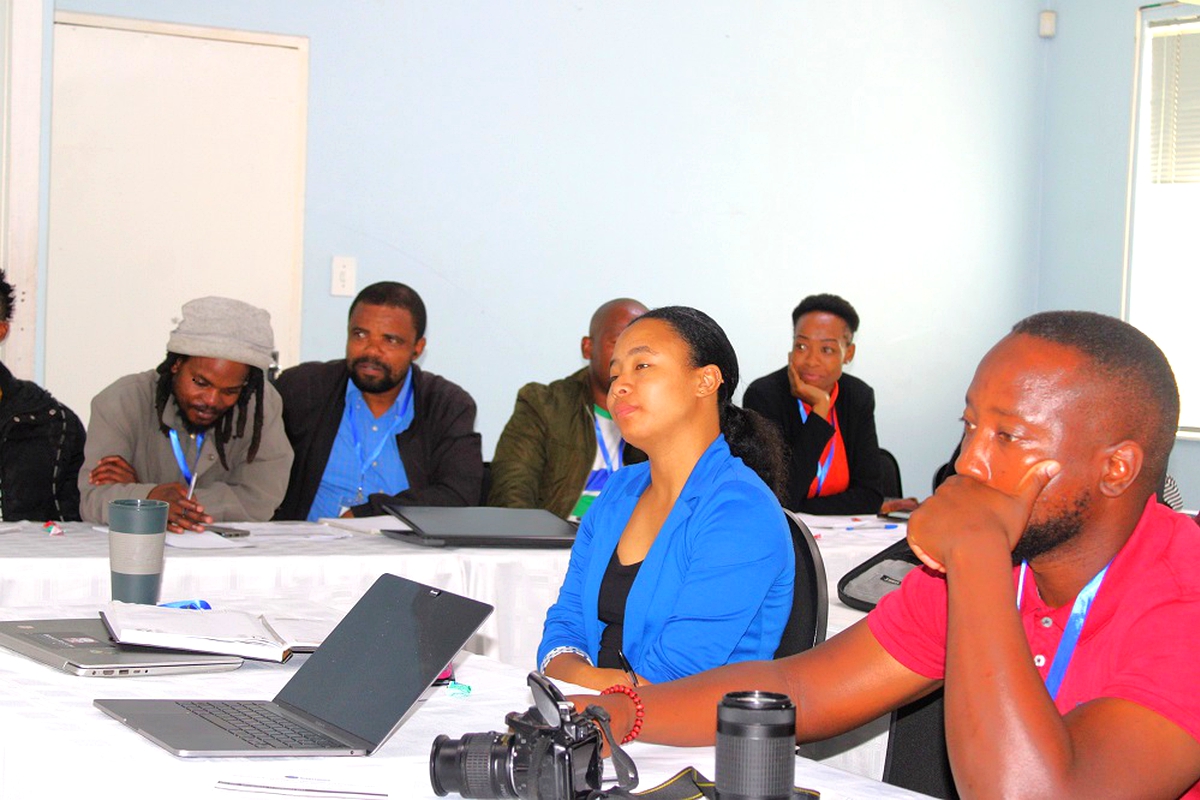
Participants at the Cyber Security workshop
Story highlights
He made these remarks during a three-day workshop on cyber security and surveillance bill that ended in Maseru last Friday.
DSA is a Zimbabwean-based voluntary outfit that works to strengthen the resilience and ability of frontline activists; human rights defender communities at risk.
Mugari who is a digital security trainer and a researcher of ICT for developing countries described digital surveillance as the act of recording, observing, or listening to individuals in real-time with or without their knowledge.
The interactive workshop among others established that there is a huge gap in knowledge and awareness of cyber security and surveillance bill in Lesotho by Basotho.
One of the questions asked was whether the proposed bill would work for the people of Lesotho or if it is just another weapon passed by the government to censor the people.
One of the facilitators, Frederico Links, a Research Associate at the Institute for Public Policy Research, made a presentation on Cybercrime law and policy-making and human rights in the Southern African context.
He said: “Countries such as Botswana, Eswatini, Malawi, South Africa, and Zambia are experiencing some problems with their cyber security and computer-related criminal activities, one of the overlapping concerns with the law being that the laws do not emerge from democratic and inclusive processes.”
Frederico said the media and civil society organisations (CSOs) should legally resist or counter human rights violating law and policymaking in their respective countries and across the region.
The Deputy Chief of Party of the Advanced Rights in Southern Africa (ARISA), Makanatsa Makonese, presented the Southern African Development Community (SADC) model on computer crime and cybercrime.
She discussed the content of the model and its implications on human rights, adding that they do not provide mechanisms for the enjoyment and protection of freedom of expression.
“For instance, the Eswatini Computer Crimes and Cybercrimes Act stifles freedom of speech, silences dissent, and could be used as a tool for continued repression.
“It also imposes penalties beyond imagination; E10 million to E100 million in fines, the last time we checked this is equivalent to R10 million - R100million, while Lesotho’s bills’ penalty is anywhere around M500 000 to M1 000 000,” she said.
During discussions that followed, an editor of one of the local newspapers, Shakeman Mugari who attended the workshop narrated a personal experience on surveillance of the media and the impact it has on self-censorship and media freedoms.
He contended that one of the biggest problems presented by the bill is that it does not protect whistle-blowers.
During a panel discussion on challenges facing the local media and CSOs in raising visibility on digital rights and surveillance in Lesotho, local media adviser, Keketso Lawrence said lawmakers in the country often fail to comprehend the same laws they pass.
“I do not know whether they introduce these laws because of pressure from elsewhere or just to follow international trends,” he said.
Enjoy our daily newsletter from today
Access exclusive newsletters, along with previews of new media releases.
For her part, the National Director of the Women and Law Southern Africa (WLSA) Eswatini, Sizakele Hlatshwayo, said as a nation, the Swazis live in constant fear.
“We fear that our expressions might be taken out of context. A lot of surveillance by the government on social media and newspapers has made it hard to engage on issues freely.
“Take for instance the enacting of a curfew that happened on June 29, 2021, in Eswatini, because of censorship, citizens only knew about the curfew when they went out of their homes,” Hlatshwayo said.
Speaking during the same dialogue session, the National Director of the Media Institute of Southern Africa (MISA) Lesotho, Lekhetho Ntsukunyane said one of the major challenges encountered by media practitioners in Lesotho was the issue of the government unilaterally promulgating laws for the purpose of ensuring the government is protected against its citizens. This is a serious challenge, especially in a country like Lesotho which has a passive nation.
“In South Africa, there are always strikes of people who want to hold their government accountable, you will not see that in Lesotho. It is the media and CSOs’ responsibility to ensure that the citizens hold the government accountable,” Ntsukunyane also said.
Tailored for you



